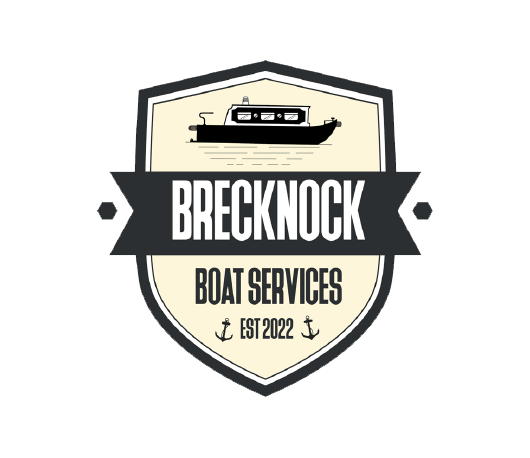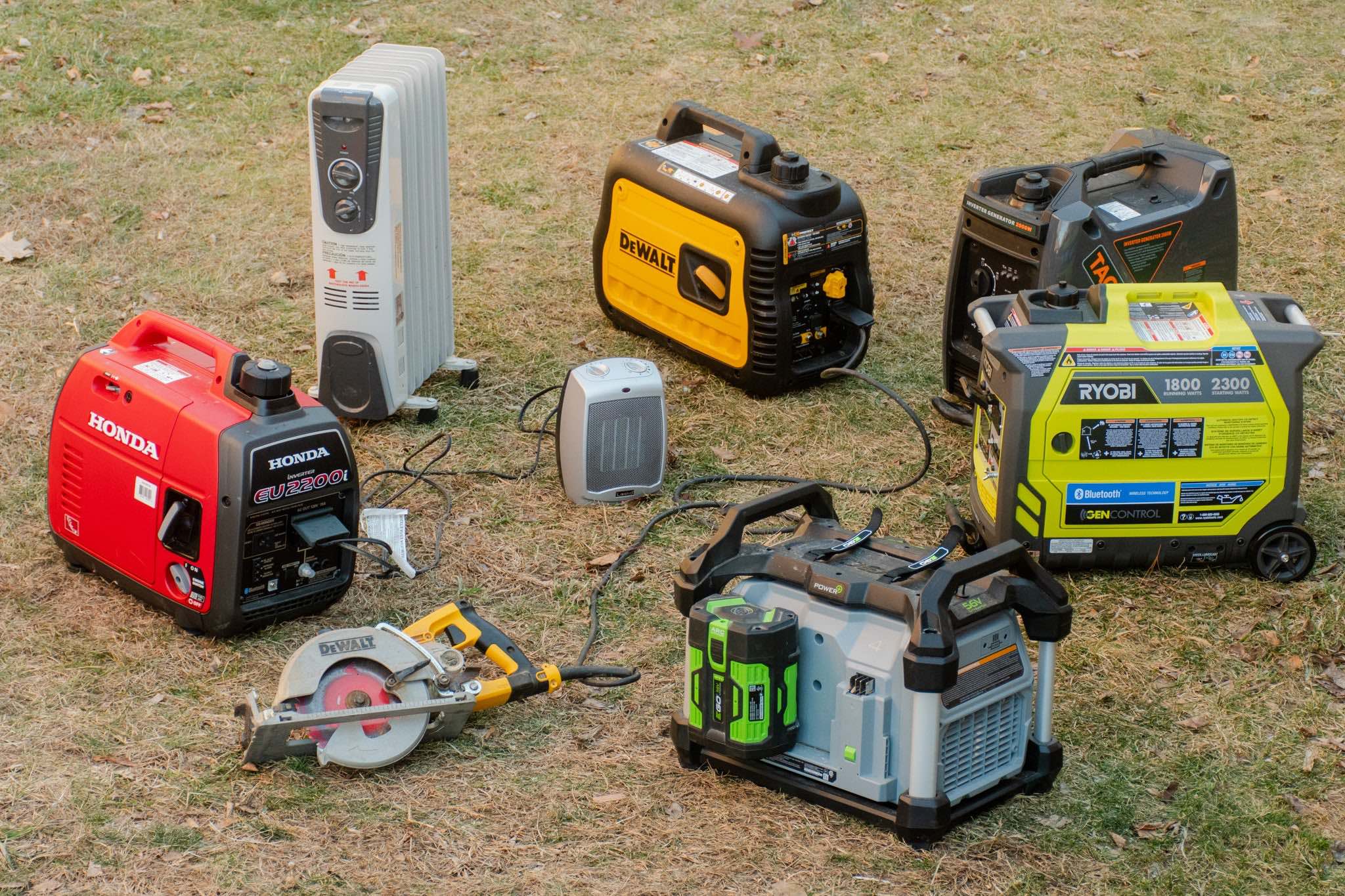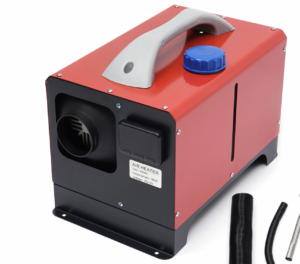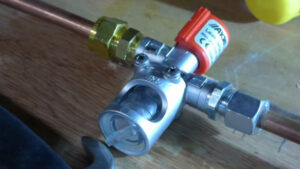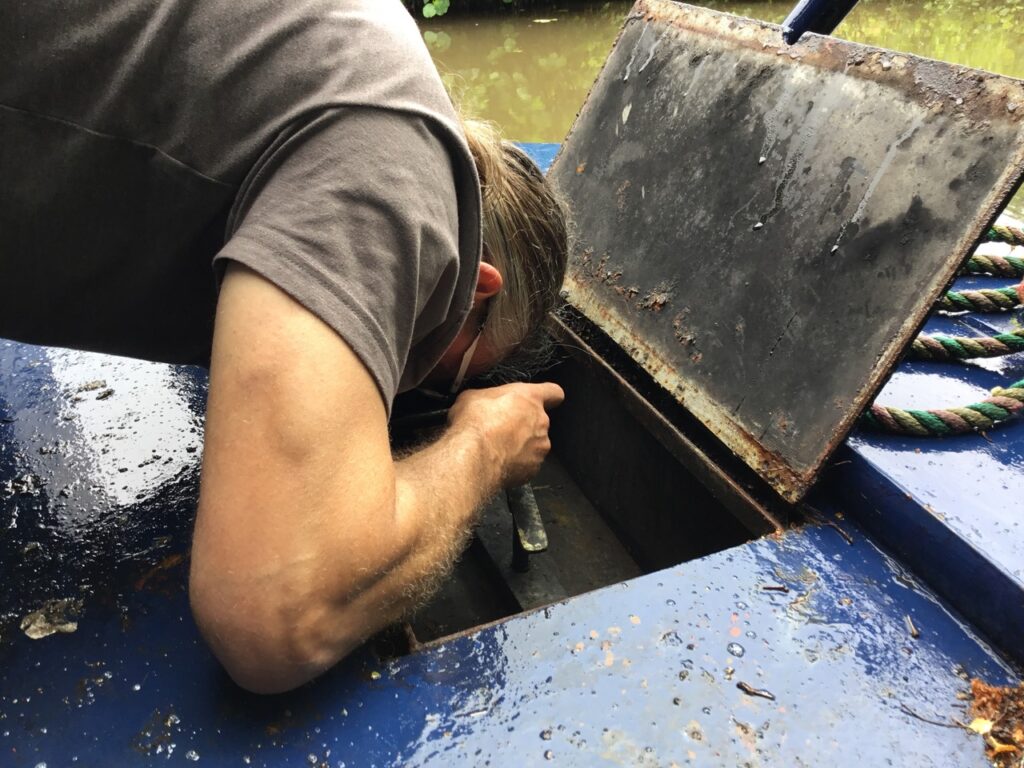Many boats have a small portable generator in their inventory. They can be useful for running tools and domestic appliances on board and charging batteries without using the main engine.
But these items need to be used and stored safely.
Three dangers you should be aware of.
- Electrical: before you plug in, make sure the generator output can’t come into conflict with another power source like an inverter or shore power.
Always use a proper lead with a plug at the generator end and a socket to connect to the boat – then you won’t be risking electrocution from the live pins.
Does your boat have a residual current device (RCD) fitted to its 230v inlet? This can protect you from electrocution. You can even get generator leads that incorporate an RCD. - Fire: Don’t store the generator or the fuel for it where it could leak into the boat. Petrol vapour is heavier than air and highly explosive in small quantities. You don’t want it in your bilges. The gas locker could be used to store a small petrol can. The generator needs to be stored somewhere so that any fuel that leaked from it will go overboard. Never refuel it on the boat.
- Fumes: Small petrol engines can produce a lot of carbon monoxide (CO). Don’t run the generator on the boat or on a bank near to doors, windows or hatches (yours or anyone else’s).
If you can smell exhaust fumes inside the boat, the chances are you could be breathing in carbon monoxide as well.
Remember the signs: Headache, nausea, dizziness, breathlessness, collapse or loss of consciousness. Suspect CO poisoning.
Always use portable generators safely.
